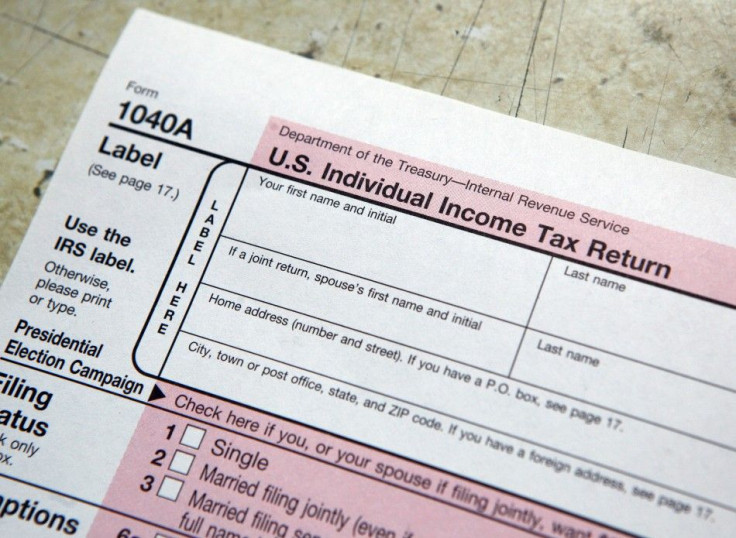Tax Breaks Reduce U.S. Government Revenue By $1.1 Trillion Annually: Report

More than $1 trillion in tax breaks are embedded in the U.S. tax code, according to a new Congressional Research Service study.
Overhauling the tax code has become a bipartisan imperative, although Democrats and Republicans have disagreed on how. President Barack Obama has endorsed a plan to eliminate corporate subsidies and reduce the top tax rate to 28 percent, while Mitt Romney has proposed to slash the corporate tax rate while expanding the tax base.
From a budgetary perspective, tax expenditures have the same result as outright spending programs. The CRS study found that the more than 200 separate expenditures in the tax code cost the government about $1.1 trillion in annual revenue. The largest 20 of them comprise about 90 percent of that total, and are worth about 74 percent of the total anticipated value of individual income taxes in 2014, or 7 percent of GDP.
But the new report highlights some of the difficulties in ironing out the tax code. Many of the tax expenditures enjoy widespread popularity, or serve important functions like helping low-income Americans, encouraging people to put money aside for retirement and subsidizing home ownership.
3 Of 5 Biggest Tax Write-Offs Are Retirement-Based
For example, three of the five largest tax expenditures are targeted at retirement savings, including an exemption for employer contributions to pensions and a provision allowing people to deduct their own contributions to individual retirement accounts. While those rules cost the government money, they are still there by design.
30% of the revenue loss of tax expenditures is from provisions directed at encouraging savings, and many policy makers and analysts believe that taxes on savings should not be increased, the report's authors wrote.
Other tax expenditures are intended to alleviate economic inequity. The earned income tax credit, which reduces the tax burden on lower-income Americans, accounts for about $58 billion a year.
Incentives for home owners enjoy overwhelming popularity, the report's authors found. A provision allowing people to deduct mortgage interest was deemed either very important or somewhat important by a resounding 93 percent of people surveyed.
© Copyright IBTimes 2024. All rights reserved.











